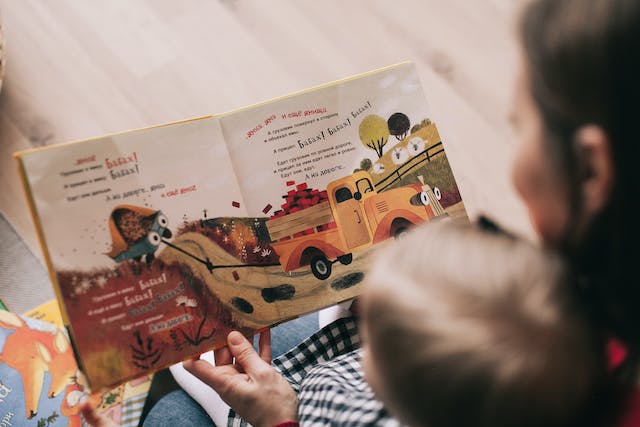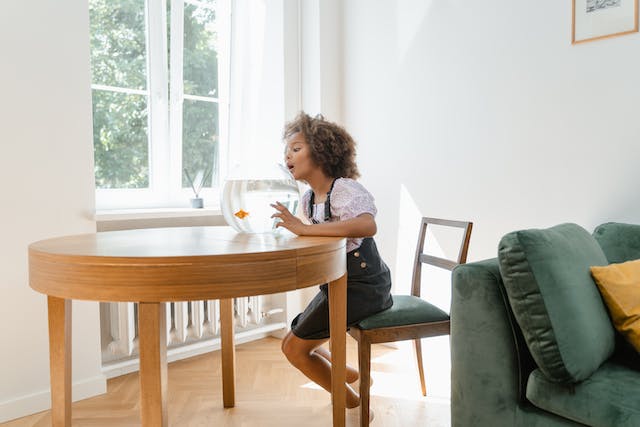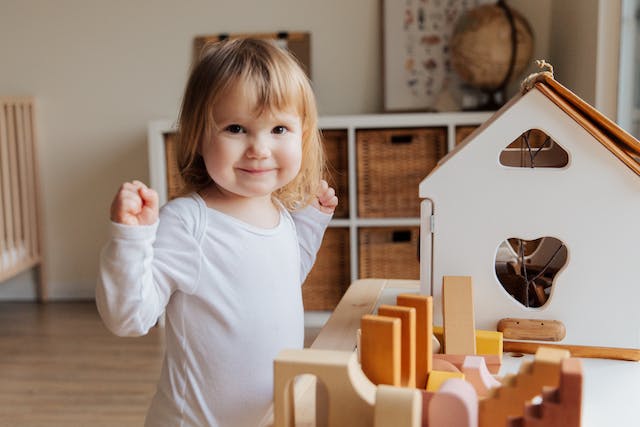Trusting the Sitter

Question:How do I convince a friend that her two year old is fine? I babysit for her and when she is in a hurry in the morning we have a wonderful day, she drops him off and leaves quickly. He will sit and play with me, I can read to him. He is a joy. If she is not in a hurry it is upsetting for everyone. He grasps hold of her and cries, or yells pee pee and she will stop mid-sentence and take him to the bathroom. If Dad brings him it’s the same thing he cries and Dad will sit down, hug and kiss him and ask him if he likes being here. The child is crying and grasping at them and they when they decide it time to leave I have to pull their baby off of them, and it takes hours for him to even look at me after that. He will not let me read to him, he won’t even take a cup out of my hand. I have to sit it on the table. I have asked them if they trust me with him and they both tell me more than own our families. So I am not sure what to do now, I don’t want the child to hate me for making Mommy and Daddy leave him behind. HELP
– Dawn
Answer: You have discovered just how hard it is for many parents to leave a child no matter how much they trust the caregiver. Yes, they trust you. But they don’t know how to react to strong emotional pleas from their little guy. They don’t want to be the “bad guys” either.
First, they need to understand how smoothly the quick-drop-off-days go. Can you take pictures or video tape the good days? Be sure to describe the successes in detail for them. Make sure they have a vivid picture of the events of the day.
Plan together, without the two-year-old present, a positive drop-off routine. They can start in the car by saying, “you’re going to Dawn’s house today and she has lots of new things planned for you.” Remind him, using the same words every day that mommy and daddy are going to work – we go into Dawn’s house, put your backpack in a special place, and get ready to have some fun.
Instead of passing the little guy from his parent’s arms to your arms, set out a new activity each day to engage his curiosity and shift the focus away from his parents leaving (play dough with pizza-cutting wheels, stickers and postcards, a doctor kit with a stuffed animal to examine). The three of you can start the activity together, with you in close proximity to the little guy. When he is engaged in what he is doing, his parents can casually say good bye and quickly head out. You will be in position ready to hold him if you need to and go to the nearest window to wave good bye. Talk about the color of mommy’s car, the trees in the yard, or the color of the sky, anything that doesn’t fuel his distress.
The parents must agree ahead of time to continue to leave even if he protests. You will absolutely be there to comfort the little guy if he falls apart. You will be the person to take him to the bathroom if he says he needs to potty. Mommy and Daddy need to know ahead of time what to say if he gets clingy. The message is “We love you and we’ll be back after your afternoon story time (be specific about the activity rather than using a time concept that is too abstract for him to understand now). Now it’s Dawn turn to be with you today.” The repetition of his parent’s words and the positive emotional message will eventually start to make sense to him.
Allow him time and space for tantrums if he is angry. He will be unlearning what he has already learned – that “mommy and daddy used to feel bad about leaving me.” If he gets mad at you during the day, comment on his action. With a big smile say, “You don’t want to take your cup from me�Its ok. I’ll put it here for you and you can take it when you want it.” Let him know it’s safe to be angry and you understand what he’s feeling.
And give his parents a great big hug for doing something very hard. Remind them they are really good parents!
Good Luck,
Karen Deerwester, Ed.S.





Follow Us
Join the conversion. Make sure to follow us on our social platforms for the latest content and FamilyTime news.